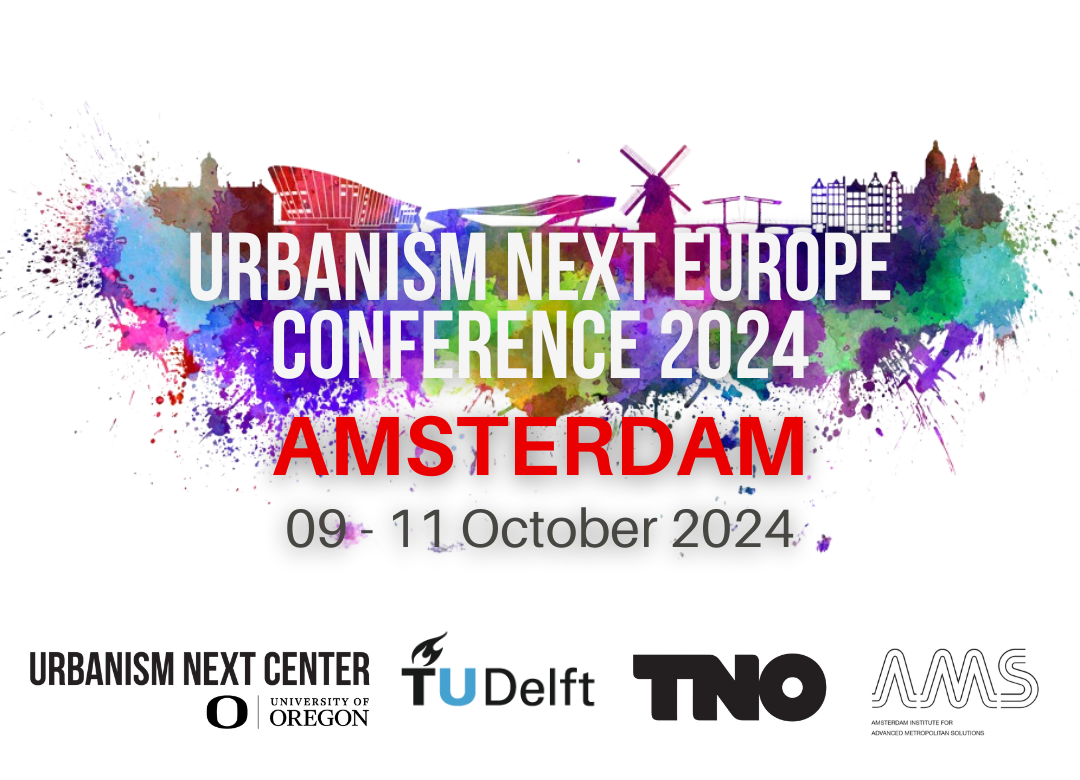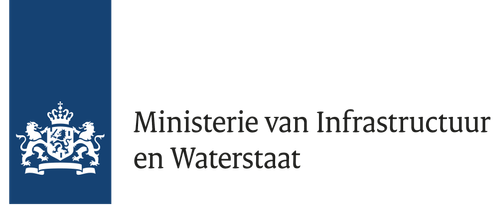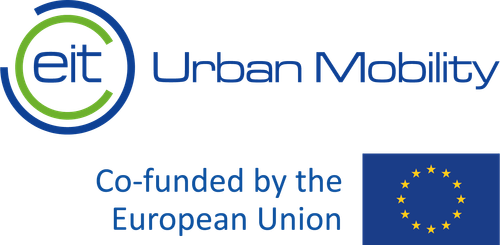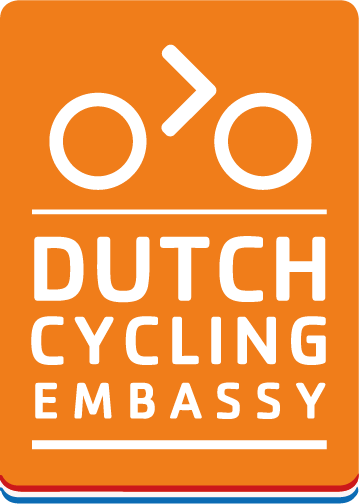
 Go Back
Go Back
Digital Twins for Liveable and Resilient Cities
Location: Room - Opal II
The battle for space in cities due to urbanization in combination with transitions in mobility and energy cause big and urgent challenges. Local Digital Twins (LDTs) are gaining popularity in cities to help to gain insight and make well informed decisions to overcome these challenges, with a strong focus on sustainable wellbeing. This workshop aims to show the current state of the art in the field of Digital Twinning, the steps that are taken to make Digital Twins interoperable and how AI could be applied to gear towards the next generation of Comprehensive Spatial Planning Support.
Presenters

|
Jeroen Borst, Manager, TNO Jeroen is heading the R&D and application of Urban Strategy within TNO: Netherlands Organization for Applied Research. With a background in Environmental Physics, he supervised the developed Urban Strategy, a platform to build Digital City Twins to manage urban planning, mobility planning, energy and environmental impact. With the ambition to make the complexity of urban planning manageable for all stakeholders, the Urban Strategy team combined domain knowledge of the different fields, with state-of-the-art enabling technologies such as HPC and distributed data storage. |

|
German Castignani, Digital Twin Innovation Centre Maneger, Luxembourg Institute of Science and Technology (LIST) German Castignani leads the Digital Twin Innovation Centre and the AI and Data Analytics (AIDA) platform at the Luxembourg Institute of Science and Technology (LIST). Previously, he served as a Research Associate at the University of Luxembourg, working on projects in vehicular networking, mobile sensing, and mobility management. He co-founded the university's first spin-off focused on mobility and driving behavior analysis. At LIST, he leads research in Local Digital Twins and oversees the EU TEF for Smart Cities and Communities (CitCom.ai). He represents Luxembourg in the EDIC for Local Digital Twin towards Citiverse. |

|
Dr.Edoardo Felici, Policy Coordinator, Ministry of Infrastructure and Water Management Edoardo has worked in the field of mobility and digitalisation for the past 13 years at the National Road Traffic Data Portal, The European Commission and at the Ministry of Infrastructure and Water Management in the Netherlands. He is currently coordinator of the data, monitoring and evaluation team of the department for Innovation in Mobility. Through that lens, he is looking at how to measure the impact of mobility policy on people's lives through the use of data and indicators. |

|
Dr.Desislava Petrova-Antonova, Professor, GATE Institute Dessislava Petrova-Antonova is the Research Leader of Data Management Research Unit of GATE Institute at Sofia University “St. Kliment Ohridski”, Bulgaria. She coordinates GATE research and innovation in Future Cities application area, where she is leading the implementation of the first Urban Digital Twin of Sofia. Her primary research interests include data modeling, interoperability and semantic enrichment, urban digital twins and their applications for data-driven decision support in smart communities and cities. |

|
Francisco Rodriguez Perez-Curiel, Tecnalia Francisco leads the Urban Transformation Laboratory (ULAB) at Tecnalia, in Bilbao, Spain. ULAB is an interdisciplinary research team focused in urban planning, sustainability and energy efficiency in the urban environment, working on projects and research initiatives related to energy renovation of districts, urban regeneration and strategic planning with a focus on decarbonization and . One of the group's main research interests is the development and implementation of decision making processes through data analytics, as well as the deployment and use of digital twins for urban planning and management. |













